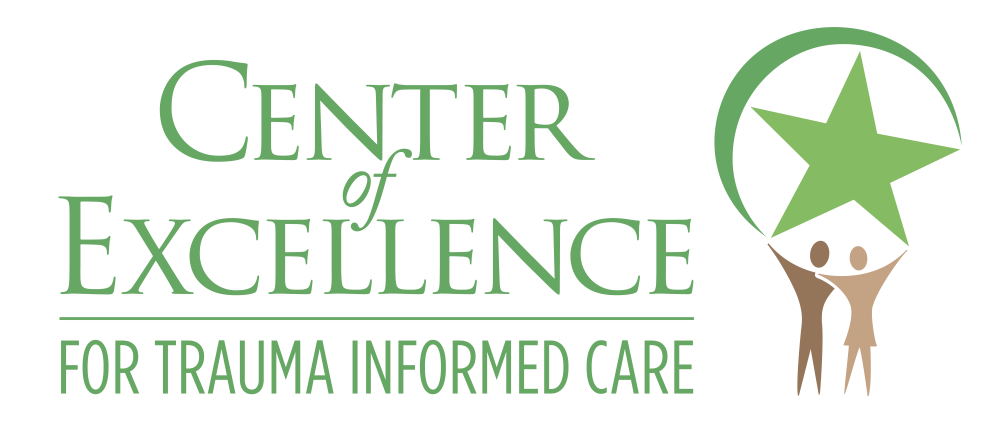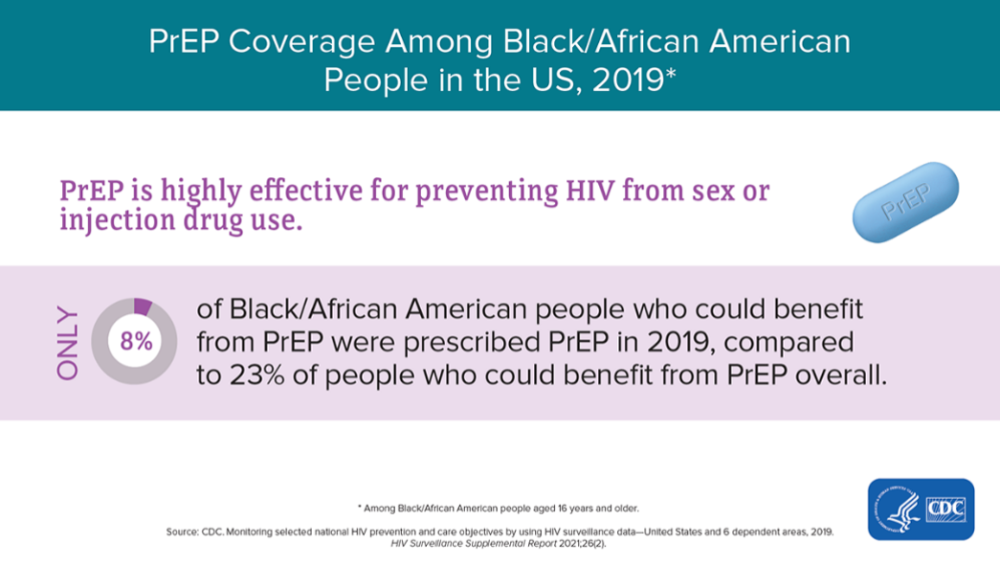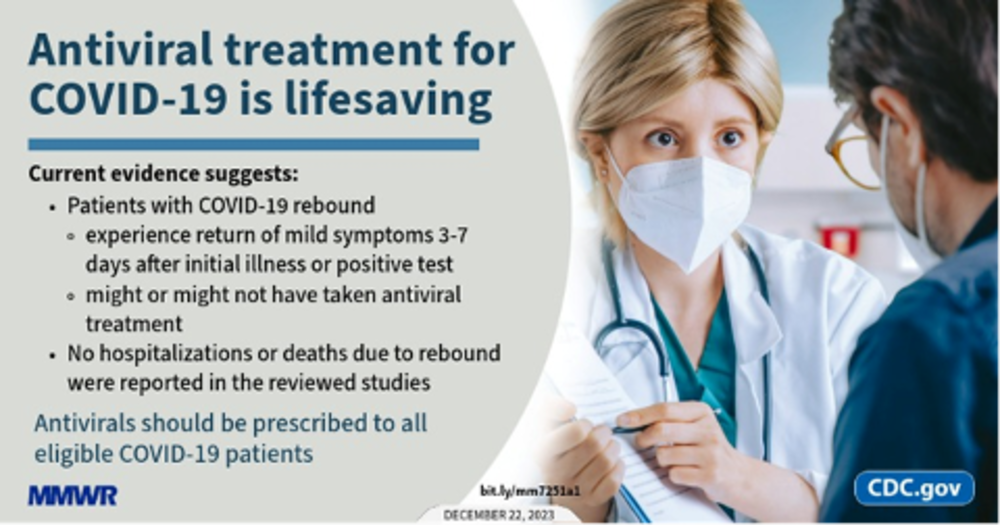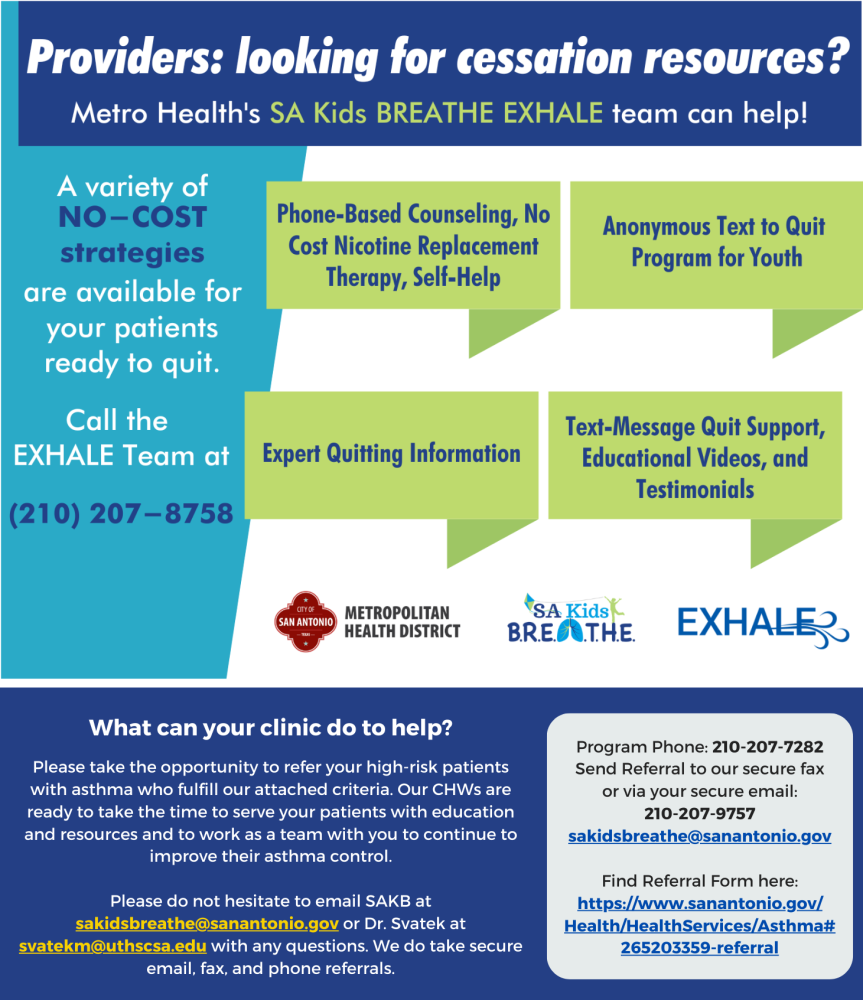|
|
|
|
|
|
|
|
|
|
|
|
|
|

The San Antonio Metropolitan Health District (Metro Health) has received a Level 1 Foundational Trauma-Informed Organizational Certification, joining 9 other organizations who have achieved the certification: UT Teen Health, ChildSafe, Methodist Healthcare Ministries, Family Services, Healy Murphy Center, Healy Murphy Child Development Center, Wonders and Worries, SAMMinistries and Christus Center for Miracles.
Trauma-informed organizations work to eliminate policies and practices that might traumatize and re-traumatize their clients and employees. Organizations work to build resilience and empower individuals by providing physical, psychological, and emotional support. The certification process involves soliciting and addressing employee feedback, trainings, education among staff, and site visits. By becoming certified, Metro Health commits to implement the principles of safety, trustworthiness, choice, collaboration, and empowerment in our policies, procedures, and professional practices.
Metro Health is one of the first municipal health departments in the nation to obtain this certification. The Center of Excellence for Trauma Informed Care looks forward to using Metro Health as an example to guide all City departments in their own certification journeys.
Want to learn more about trauma informed care?
- The Institute for Trauma Informed Care at University Health offers free educational trainings, webinars and events. Visit their website and view their calendar here.
- Click here to watch a 2-minute video on how a trauma-informed approach helps providers alleviate burnout and rediscover joy in practicing medicine.
- For more resources from the Trauma-Informed Care Implementation Resource Center, click here.
To become a Trauma Informed Organization, visit the Ecumenical Center for more information. The Ecumenical Center is the certifying entity for the South Texas Trauma-Informed Care Consortium.
|
|
|
|
|
|
|
February 7th: National Black HIV/AIDS Awareness Day #NBHAAD

Despite the many advances made in the fight against HIV, Black and African American people continue to make up a disproportionate share of the newly diagnosed. Locally, for example, Black people represent 7% of the local population but 14% of new diagnoses. Nationally, 40% of all new HIV diagnoses in 2021 were among Black and African American people, according to the Centers for Disease Control and Prevention (CDC). Underlying drivers of health such as access to care, racism, stigma and distrust of the medical system play an oversized role in this statistic.
National Black HIV/AIDS awareness Day (NBHAAD), first observed in 1999, is a day to grapple with the disproportionate impact of HIV and AIDS on Black communities while highlighting the progress that has been made. This year’s theme, "Engage, Educate, Empower: Uniting to End HIV/AIDS in Black Communities" focuses on ways to engage the Black community in the HIV/AIDS prevention and treatment strategies, enhance HIV/AIDS education for Black youth and adults, and showcase success stories and effective strategies to empower those living with HIV and AIDS.
Ending the HIV epidemic in the U.S. and in Bexar County is within reach if we create equitable access to HIV education, care, and prevention. Local resources include:
- BEAT AIDS, the largest African American-led HIV prevention, testing and treatment agency in our county
- Free HIV testing prioritizing the Black and African American community from We Speak Up for the Voiceless
- Substance use and HIV prevention navigation on the East Side from Westcare
- Free care coordination for people newly diagnosed at Operation Brave. San Antonio is a Rapid Start community, meaning people can begin care within 7 days of diagnosis.
- Peer counselors at Fam210
- PrEP providers
For more about priority populations and the Ending the HIV Epidemic in the U.S., visit: https://www.cdc.gov/hiv/statistics/overview/in-us/diagnoses.html.
Finally, Metro Health’s Clinician Ambassadors offer no-cost, individualized trainings for you and your clinical team on PrEP, and will also host in-person workshops on taking a sexual history and LGBTQIA+ inclusive health in March and June. Sign up for a session with a Clinician Ambassador here. Register for the March workshop here.
Click here to read the CDC HIV Surveillance report.
|
|
|
|
|
|
|
National Children’s Dental Health Month

February is also National Children’s Dental Health Month. Tooth decay is the most common chronic childhood disease in the U.S., and untreated cavities can lead to problems with eating, speaking, playing—and learning, as children with untreated cavities are more likely to miss school than their peers (CDC). More Latino children and young adults ages 2-19 have cavities (57%) than their Black (48%), Asian (45%), and White (40%) peers, according to Salud America, which also reports that fully half of Latino children have cavities.
Medical providers can:
- Assess and promote oral health as an important component of overall health. Texas Health Steps offers a training module here.
- Inform patients that CHIP and Medicaid cover basic pediatric dental services, listed here and in the Texas Medicaid Provider Manual.
- Print out a list of area oral health providers who accept CHIP and Medicaid here.
- Promote children’s oral health with “Good Dental Habits” materials from the Centers for Medicare & Medicaid Services (multiple languages), the “Protect Tiny Teeth” campaign from the American Academy of Pediatrics (multiple languages), and the Health Resources & Services Administration’s “A Healthy Mouth for Every Body” materials (English only).
|
|
|
|
|
|
|
Educational Opportunities
17th Annual Community Service Learning Conference
“One Planet. One Health. We Are All Connected” is the theme of this year’s Community Service Learning (CSL) conference from UT Health’s Cheever Center for Medical Humanities & Ethics. The conference is free and takes place Saturday, Feb. 3, 8 a.m.-2:30 p.m. Each year, the conference hosts experts and guest lecturers, provides skill-building workshops, and showcases student projects through poster presentations. View the agenda and register here.
| |
|
|
|
| San Antonio Congenital Syphilis Case Reviews
Join the Metro Health Maternal Health Team and Texas Department of State Health Services (DSHS) for the next Fetal Infant Morbidity Case Review for congenital syphilis and Community Action Board Meeting on Wednesday, Feb. 6, from 1 p.m. - 4:30 p.m. CME/CNE credits are available.
The purpose of this workshop is to assess key elements in congenital syphilis prevention using case summaries consisting of medical chart abstractions and maternal interviews, to describe missed opportunities for disease intervention or barriers to care, and to identify actionable items within the community and steps that participants can take to create systems change.
Registration is required, here: forms.office.com/r/47zf5ithFp
| |
|
|
|
| HIV Care & Prevention
Get up-to-date on latest evidence-based HIV care and prevention strategies with Camille Spears, UT Health Infectious Diseases fellow, and the South Central AIDS Education & Training Center on Thursday, Feb. 15, from 1 p.m.- 2 p.m. Register here.
| |
|
|
|
Sexual Health & Primary Care Series: STIs
You’re invited to join Metro Health Clinician Ambassadors and the South Central AIDS Education Training Center Wednesday, Feb. 21, for the second session of our Sexual Health in Primary Care Lunch & Learn series. This session will go over the CDC’s 2021 STI Treatment Guidelines.
The monthly series will feature a different sexual health topic every month, from noon to 1 p.m. Free CME, CNE, and Social Work credits available. Click here to register.
Feb. 21 – STI Treatment Guidelines
Mar. 20 – LGBTQIA+ Health and Taking a Sexual History Workshop (In-Person)
Apr. 17 – Syphilis Diagnosis/Treatment in Primary Care
May 15 – Hep C for Primary Care
June 12 – LGBTQIA+ Health and Taking a Sexual History Workshop (In-Person)
Screening & Treating Tuberculosis Infection – Join the Heartland National TB Center at the Texas Center for Infectious Disease on Thursday, Feb. 28, 9:30 a.m. – 4:00 p.m. for a free in-person training on guidelines for screening for and treating TB infection, formerly known as latent TB infection. CME/CNE credits available. Click here to register.
|
|
|
|
Feb.28 - Mar. 1 - Texas Collaborative for Healthy Mothers and Babies (TCHMB) Summit
Mark your calendars for the annual TCHMB Healthy Mothers and Babies Summit at the AT&T Hotel and Conference Center in Austin, Texas. This in-person event will bring together professionals, experts, and advocates from across the prenatal healthcare spectrum to inspire, educate, and empower attendees to make an impact on maternal and infant healthcare. Learn more, view the agenda and register here. Registration deadline is Feb. 12. Continuing education available.
|
|
|
|
|
|
|
On-Demand Training
HealthHIV's HIV Prevention Provider Certification – This 8-module, self-paced certification program focuses on clinical and practice information that clinicians need to effectively prevent HIV. Upon completion, participants receive the HealthHIV HIV Prevention Certified Provider Certification™ and a listing in the national HIVPCP Directory. Free CME, CNE, MOC and CPE available. Click here to register.
HIV PrEP Navigation Certification (HIVPNC) Program – This comprehensive 8-module, self-paced course is the only Certification offered to providers and allied health professionals for PrEP navigation. Participants can earn up to 8.0 free contact hours (CME, MOC, NCPD, CPE) upon completion. Click here to register.
|
|
|
|
|
|
|
Health News
Still using Serologic Tests for Herpes?
Clinical diagnosis of genital herpes can be challenging since lesions may or may not be present at the time of evaluation. The FDA recently issued a reminder to healthcare providers and clinical laboratory staff about the potential for false positive results in herpes simplex virus type 2 (HSV-2) serological tests. A positive serological test can be incorrect up to half the time. If and when using serologic HSV tests, inform patients of test limitations before ordering, and confirm any positive results with either a Biokit or Western blot. (Do not use HerpeSelect HSV-2 immunoblot for confirmation, as it uses the same antigen as the HSV-2 EIA.) Additionally, IgM tests can be positive during recurrent episodes of herpes, not just primary outbreaks, and are also not recommended.
The CDC recommends swabbing patients who have genital symptoms using type specific HSV Nucleic Acid Amplification Tests (NAAT) or cultures. These are the most specific and sensitive tests available. Review the CDC STI Treatment Guidelines, 2021 for more information on testing and treatment of genital herpes.
Cinnamon Applesauce Tied to Lead Poisoning

The CDC, FDA and health authorities are investigating an association between high blood lead levels (≥3.5 µg/dL) in children and consumption of specific apple purée and applesauce products containing cinnamon. Since November, there have been 22 cases in multiple states including Texas. Affected items include WanaBana's apple cinnamon fruit purée pouches, Schnucks' cinnamon-flavored applesauce pouches, and Weis' cinnamon applesauce pouches, all of which have been voluntarily recalled.
Vigilance is advised, and providers are encouraged to obtain a venous blood lead level in all patients who have consumed a recalled applesauce pouch product. Clinicians also should keep lead exposure in the differential for children presenting with consistent clinical findings. Texas law requires reporting all blood lead level results to the state—find instructions and other provider resources here.
Test your knowledge about routine screening with these three quick case examples from Texas Health Steps. Find CDC recommendations for management of elevated blood lead levels here, and from the American Academy of Pediatrics here.
Read the full CDC Health Advisory Alert here. Contact your local poison center (1-800-222-1222) for advice on diagnosing and managing lead and chromium toxicity.
Workplace Violence Prevention Plan Due Sept. 1
SB 240 is new legislation that requires hospitals, among others, to establish and implement a workplace violence prevention committee, plan and policy by Sept. 1, 2024. SB 240 creates a new Chapter 331 in the Health and Safety Code and also applies to home health, nursing homes, ambulatory surgical centers and freestanding emergency centers. A facility’s state licensing agency is allowed to enforce this law by undertaking disciplinary action for violations. The law took effect Sept. 1, 2023.
Resources include:
Texas Hospital Association and Texas Nurses Association Workplace Violence Toolkit
Revised Joint Commission workplace violence prevention requirements for accredited behavioral health care and human services organizations, effective July 1, 2024
The Workplaces Respond National Resource Center for domestic violence, which accounts for more than 1 in 4 episodes of workplace violence
Society for Human Resource Management Toolkit
|
|
|
|
|
|
|
MPox
U.S. Mpox Transmission, 2022
A recent CDC Morbidity and Mortality Weekly Report (MMWR) explored Mpox transmission in the US during the 2022 outbreak. The report indicated that 94% of transmission was via sexual or intimate contact. Limited nonsexual transmission also can occur. From May to July 2022, two jurisdictions - Washington, D.C., and Tennessee - reported 278 Mpox cases, with 662 nonsexual contacts identified (average of 2.4 per patient). In D.C., the rate of nonsexual transmission was 1.6% and in Tennessee, 1.5%. Providers can encourage mpox patients to educate all close contacts about vaccination and what steps to take if they experience signs and symptoms after exposure. Read the MMWR here.
For CDC guidance on the Mpox vaccine, click here for basics and here for administration information. For Vaccine Information Statements and other resources, click here.
Mpox vaccines continue to be available to all patients at the Metro Health STI Clinic at 512 E. Highland Blvd, Ste 150. Appointments are not required.
STOMP Trial
Have a patient looking for mpox treatment? Patients can readily access treatment through the STOMP trial at UT Health San Antonio. STOMP is a NIAID-funded clinical trial to evaluate the effectiveness of the antiviral tecovirimat, also called TPOXX. People can self-enroll by visiting stomptpoxx.org. For more information, providers can visit clinicaltrials.gov.
Contact information:
University of Texas San Antonio Clinical Research Site
7703 Floyd Curl, Dr, San Antonio, TX 78229
210-567-4823
|
|
|
|
|
|
|
COVID Corner

COVID-19 Antivirals Underused
Despite concerns about SARS-CoV-2 rebound, recent data emphasizes that clinicians should not hesitate when prescribing lifesaving antiviral treatments for COVID-19. Early treatment with a nirmatrelvir/ritonavir, remdesivir, or molnupiravir (second-line treatment) is essential in preventing hospitalization and death in patients at high risk for severe disease. However, these life-saving treatments, though widely available, continue to be underutilized.
Available evidence suggests rebound presents as mild symptoms 3-7 days after initial illness has resolved. A review of rebound studies indicates that rebound can occur in both treated and untreated individuals, and there is no consistent association with antiviral treatment, particularly with nirmatrelvir/ritonavir. Additionally, there have been no reports of hospitalizations or deaths among outpatients who reported their rebound while on antiviral treatment. This suggests that COVID-19 rebound might reflect a viral fluctuation, likely part of the natural disease process and does not imply reinfection or resistance to treatment. Importantly, healthcare providers should be sure to emphasize the importance of completing antiviral treatment during patient education, to reduce the possibility of viral evolution and resistant mutations.
Prescriptions remain FREE through the end of 2024 to people who have Medicare, Medicaid or no health insurance; find details here.
- Access National Institutes of Health COVID-19 Treatment Guidelines here, and a clinical decision aid here.
- CDC clinical considerations can be found here.
- The U.S. Department of Health and Human Services offers a patient fact sheet on “When to Get Medical Care for COVID” in English and Spanish.

|
|
|
|
|
|
|
| Your Clinician Ambassadors
| |
|
|
|
Lucinda Lundy Zeinelabdin, MSN, APRN, FNP-C
Clinician Ambassador Family Nurse Practitioner
Lucinda.Zeinelabdin2@sanantonio.gov
210-207-2407
|
|
|
|
Diana Morales, BSN, RN
Clinician Ambassador Public Health Nurse
Diana.Morales1@sanantonio.gov
210-207-5102
|
|
|
|
For health alerts from Metro Health text "DOCALERT" to 1-844-824-COSA (2472)
SCAN HERE
You can now self-schedule your virtual academic
detailing sessions with the Clinician Ambassador team!
Opt In Now to Continue Receiving Newsletter
Don't miss the chance to remain part of our community of medical professionals by subscribing to San Antonio's Metro Health Department's Clinician Ambassador Newsletter, Just The Facts. Each month, we deliver the latest updates on community events, valuable resources, and Metro Health developments, along with local, state, and national health news. Expand your expertise with educational opportunities and free CEU opportunities included in each edition. Don't miss the chance to stay informed and empowered to provide optimal care for your patients. Please take a moment to Opt In Now!
|
|
|
|
|
|
|
|